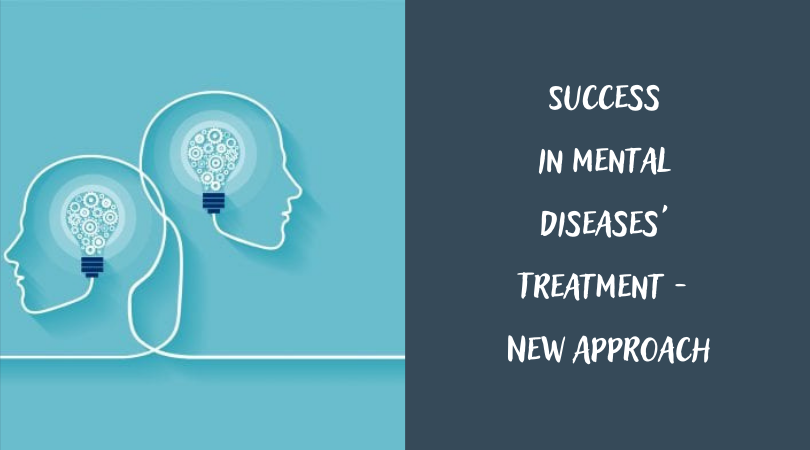 The epidemic of mental illness is a reality, nowadays. This year, 18.5% of the population suffers from mental illness. And 4% of them experience such severe problems that they are unable to live their lives normally. And that means it’s very likely that you, or someone you know, is suffering right now and needs support.
The epidemic of mental illness is a reality, nowadays. This year, 18.5% of the population suffers from mental illness. And 4% of them experience such severe problems that they are unable to live their lives normally. And that means it’s very likely that you, or someone you know, is suffering right now and needs support.
Moreover, unlike many of the problems we face today, most mental disorders (depression, anxiety, addiction, etc.) can well be resolved through human effort. We not only have to do something, but we can do something.
To date, the statistics of mental illness are not encouraging and look especially terrifying for entrepreneurs. According to research by Michael Freeman, entrepreneurs are 50% more likely to report mental health problems, and a number of diseases are several times more common in businessmen than in other people.
A team of scientists from the Advanced Telecommunications Research Institute International in Kyoto, who conducted this study, set out to prove that the Functional connectivity neurofeedback training (FCNT) method they developed back in 2015 can both strengthen and weaken functional communication in the brain, and also affect the cognitive abilities of a person. Neurofeedback is used in the treatment of mental disorders.
Neurofeedback is a special case of biofeedback, which involves the analysis of the state of physiological processes in the human body. Accordingly, neurofeedback (that is, neurobiological feedback) shows the state and changes in processes in the brain, provides information about its rhythms, the amplitude of waves and their ordering, which helps therapy.
Existing trainings based on neurofeedback, which use magnetic resonance imaging (MRI), are of three types, one of the authors of the study, Hiroshi Idemitsu, explained: one examines the activity of a certain area of the brain in order to increase or decrease its activity, the second works with the perception of information by a specific area of the brain; the third, FCNT, aims at communication between two regions of the brain.
The FCNT method gives hope that there will soon be a more effective treatment for mental disorders than those that exist today. The fact is that drugs and cognitive-behavioral psychotherapy, which are now used in the treatment of mental disorders, affect the functioning of the brain as a whole, and not on any particular area of it that failed.
The scientists divided the participants in the experiment into two groups: one goal was to strengthen the connection between two specific areas of the brain, and the other, on the contrary, to weaken it. Each participant underwent specific training over 4 days. The results showed significant changes in functional communication within the brain.
